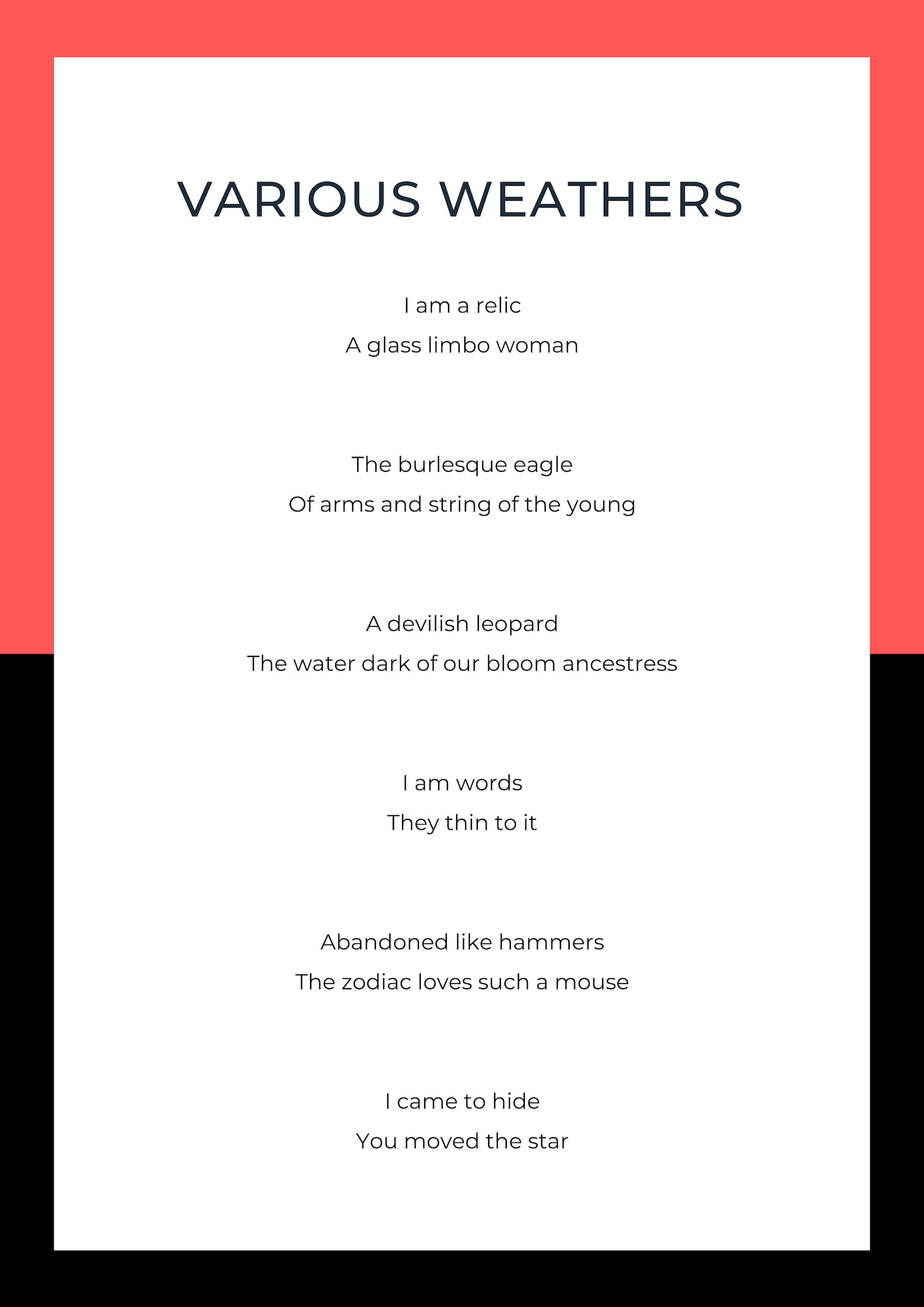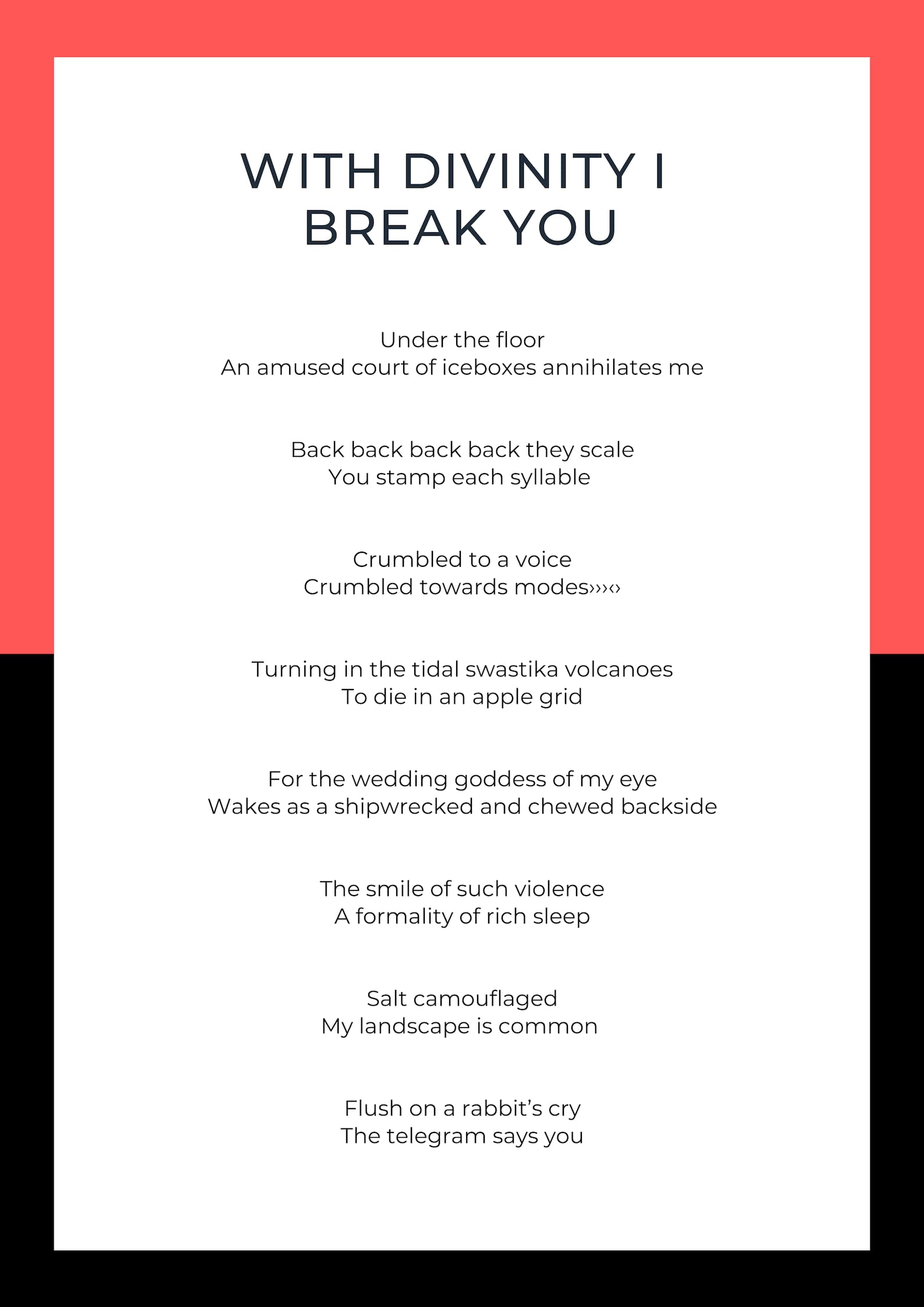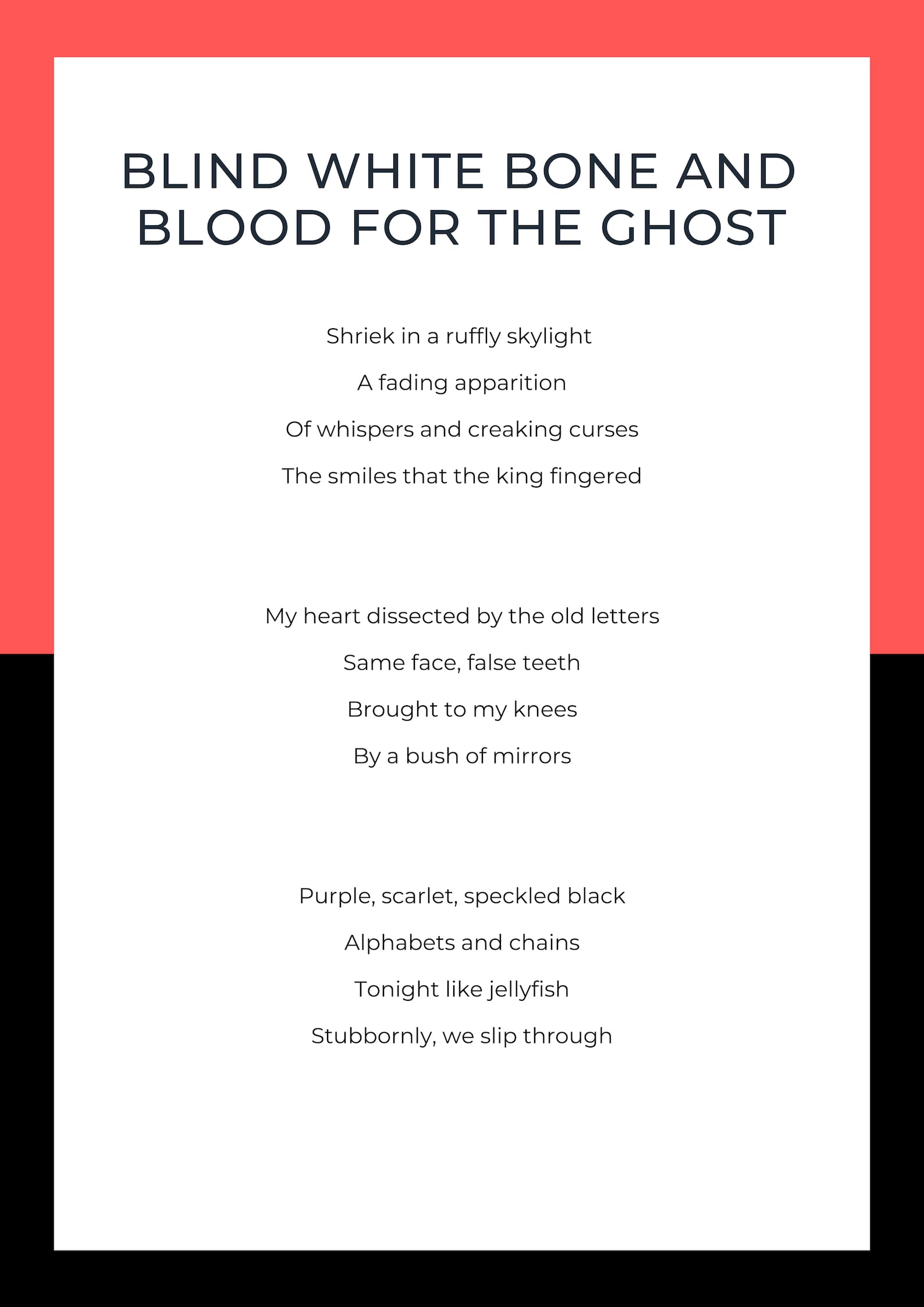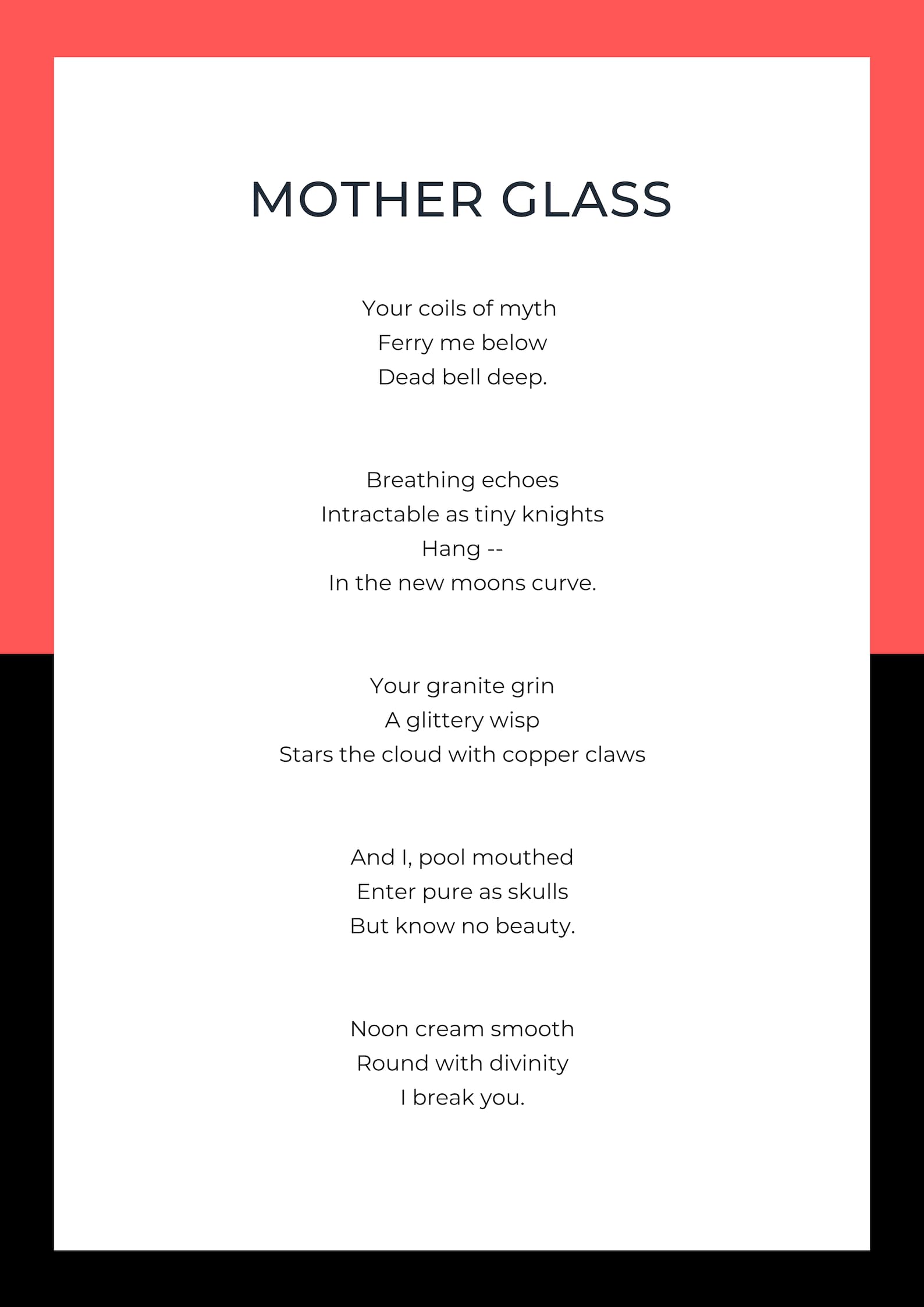AI-generated poetry for World Poetry Day 2019
What happens when artificial intelligence is challenged to write poetry? Recently, a team of creatives, developers and robotics specialists looked to the work of Sylvia Plath to find out.
Bristol-based business Tiny Giant trained a recurrent neural network — a type of machine learning algorithm — on the poems of Sylvia Plath. They then joined forces with robotics experts, The Handwriting Company, to bring them to life.
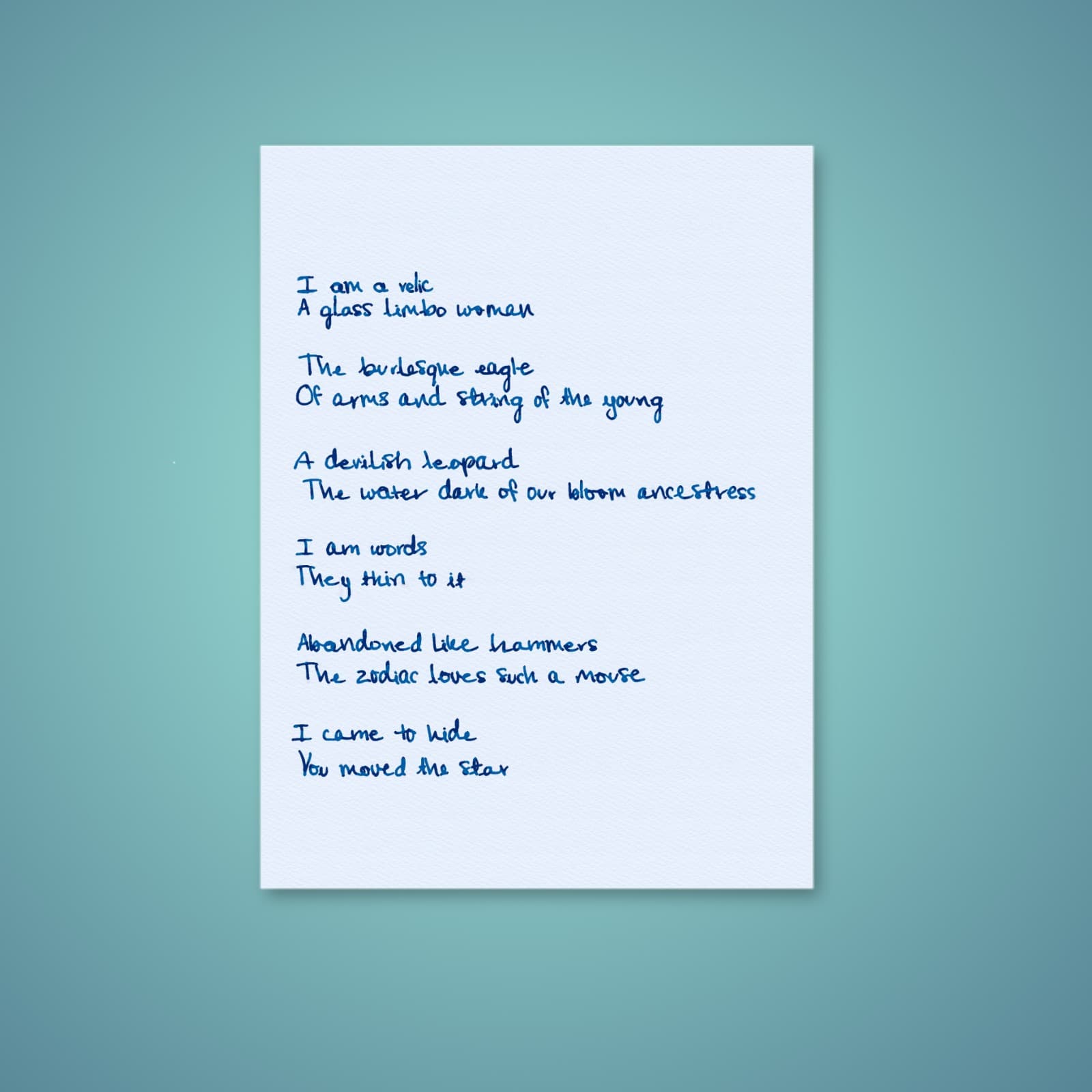
The machine-learning model generated hundreds of lines of Plath-inspired verse, which the team’s writers crafted into five unique poems. These were taken to The Handwriting Company at the Bristol Robotics Laboratory, who trained a robot on Plath’s handwriting and delivered a penned poem in her style.
“We wanted to see if we could work alongside a neural network to create great poetry. It’s not easy to write poetry like this from scratch, but the generated output was the perfect inspiration.”
— Richard Norton, co-founder of Tiny Giant
The five resulting poems, which include Various Weathers and Blind White Bone and Blood For The Ghost, will be performed by acclaimed voice-over actress Melissa Thom at a special event for World Poetry Day on 21 March 2019.
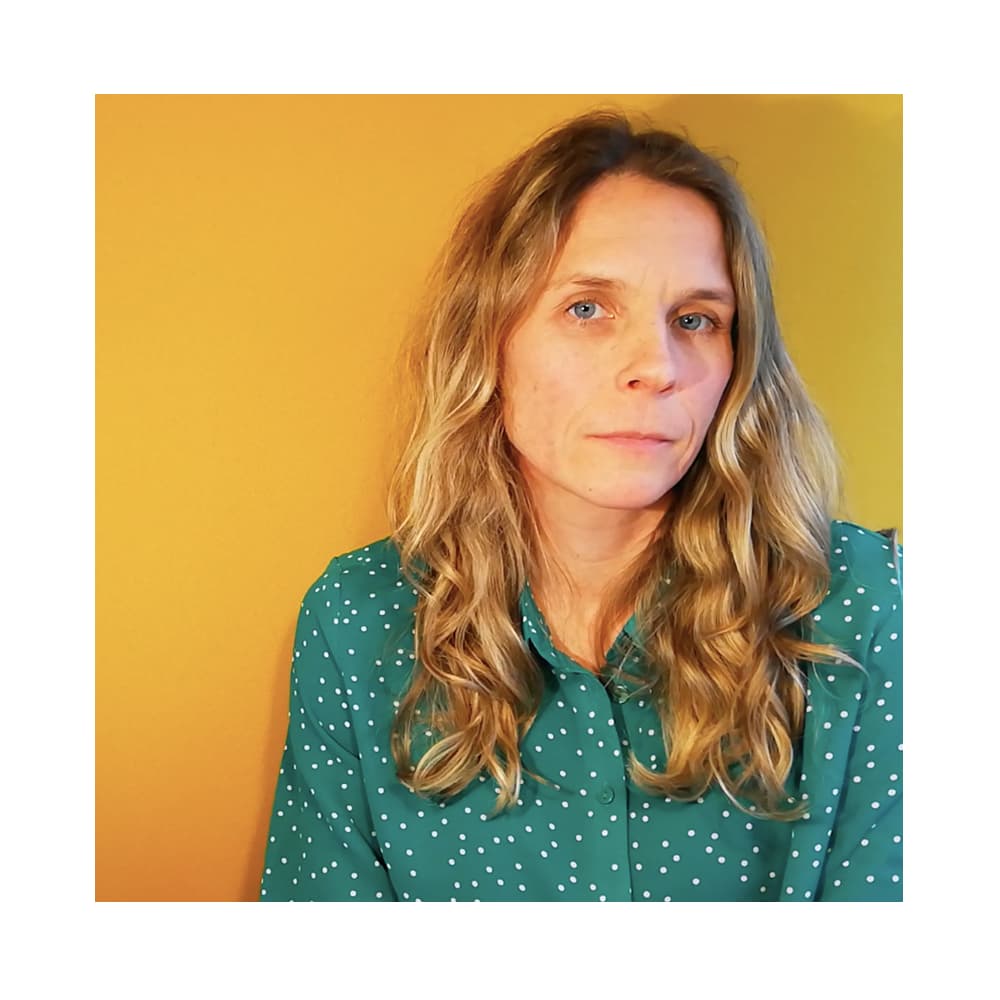
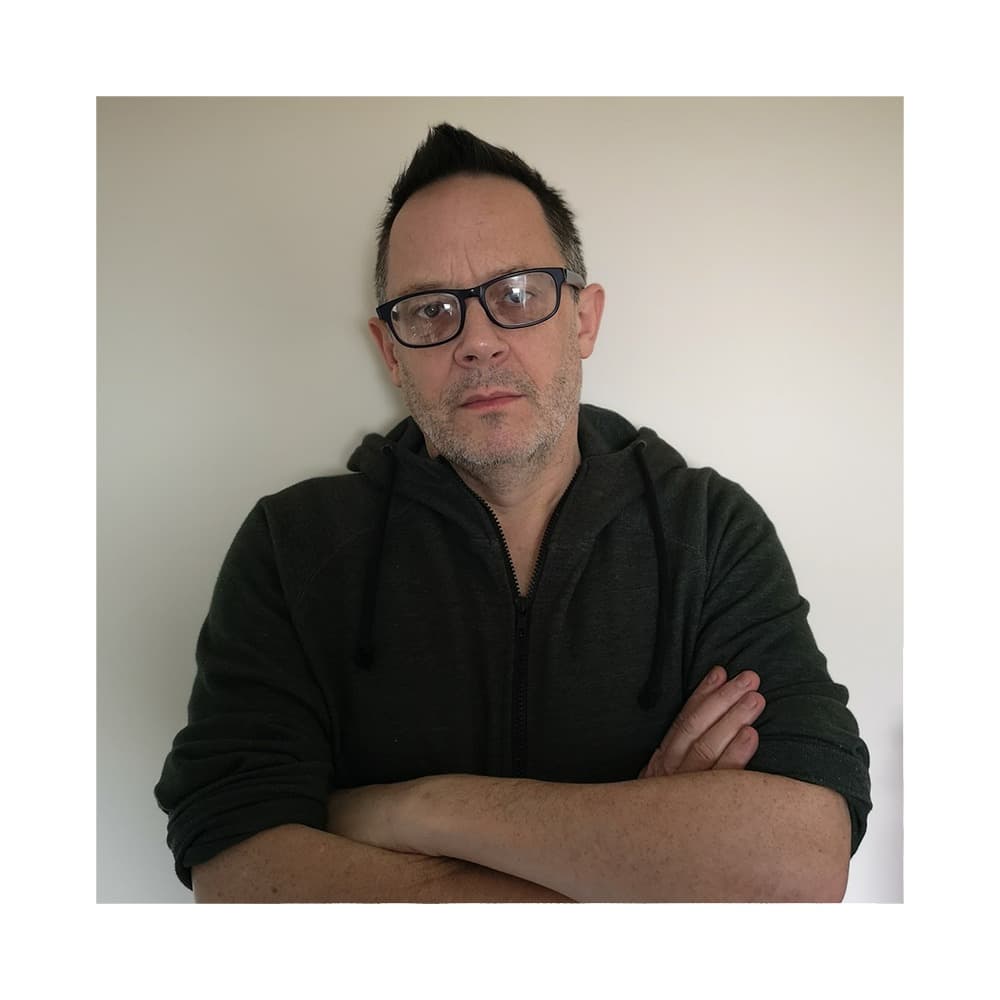
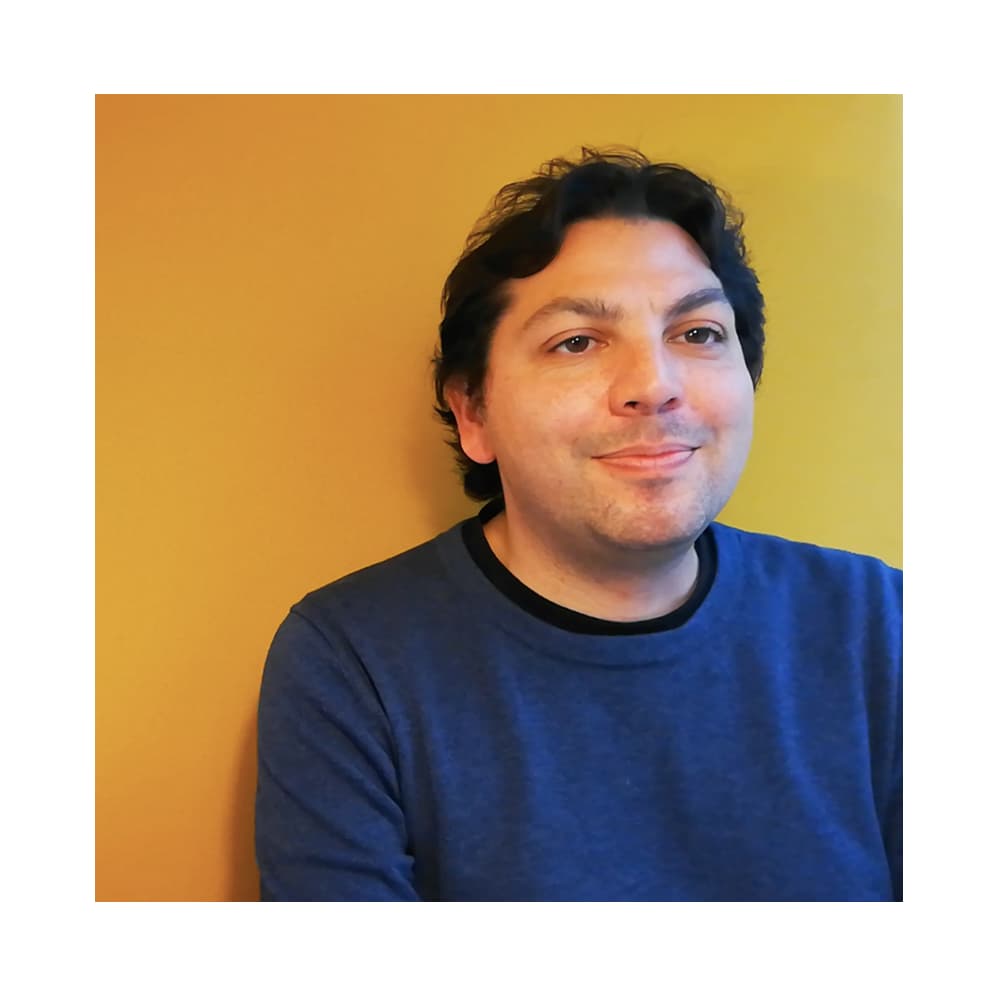
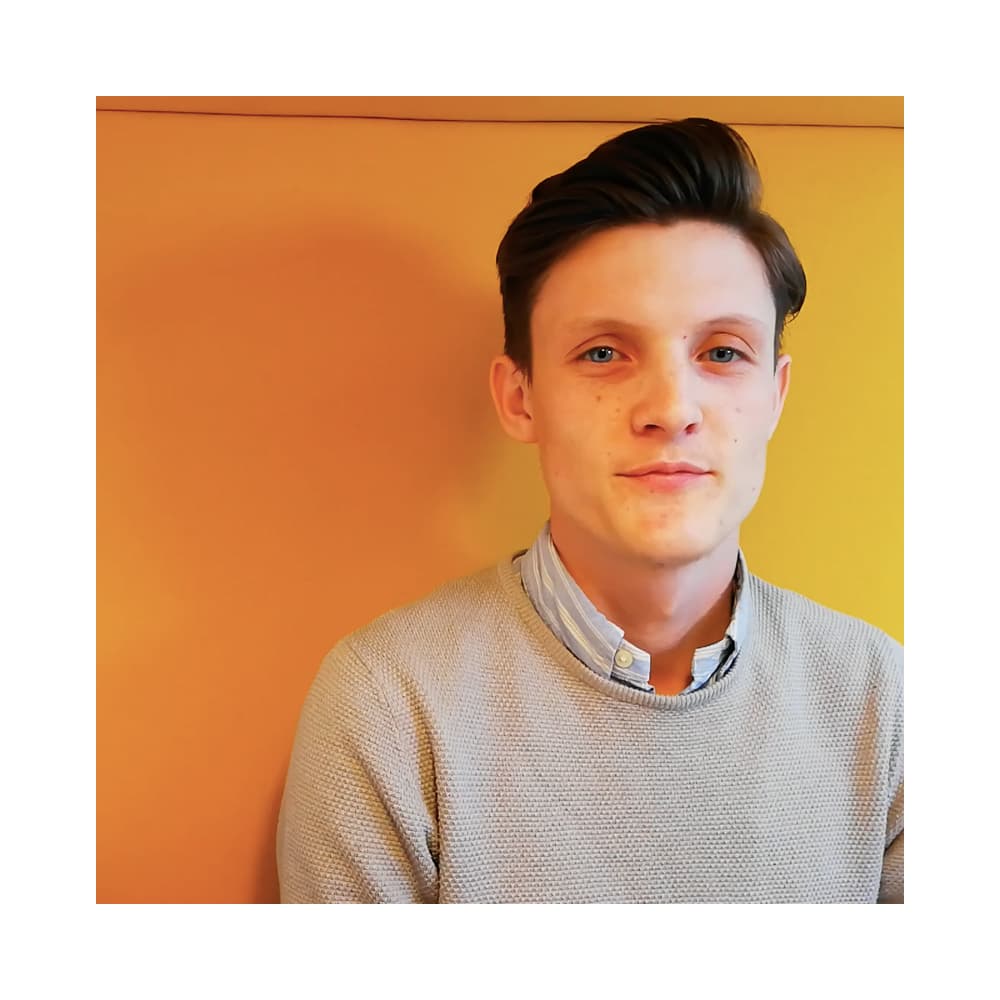

The PLaiTH event, which takes place from 9.30am-11.30am at Bray Leino CX, brings together all of the businesses involved in the project and will see the AI-generated poetry performed live on stage.
“We loved the idea of using robotics to deliver a generated poem in handwritten form. We used machine learning to train a robot on Plath’s handwriting, and then created one of the poems using her style. I’m looking forward to seeing all five poems performed live on World Poetry Day.”
— Robert Van Den Bergh, MD of The Handwriting Company
This collaboration between AI, writers, developers and robots has certainly delivered a wealth of thought-provoking poetry. It’s also evidence of what’s possible when humans and artificial intelligence work together.
